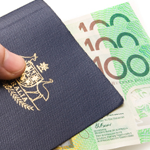Thailand Long-Term Residency Visa
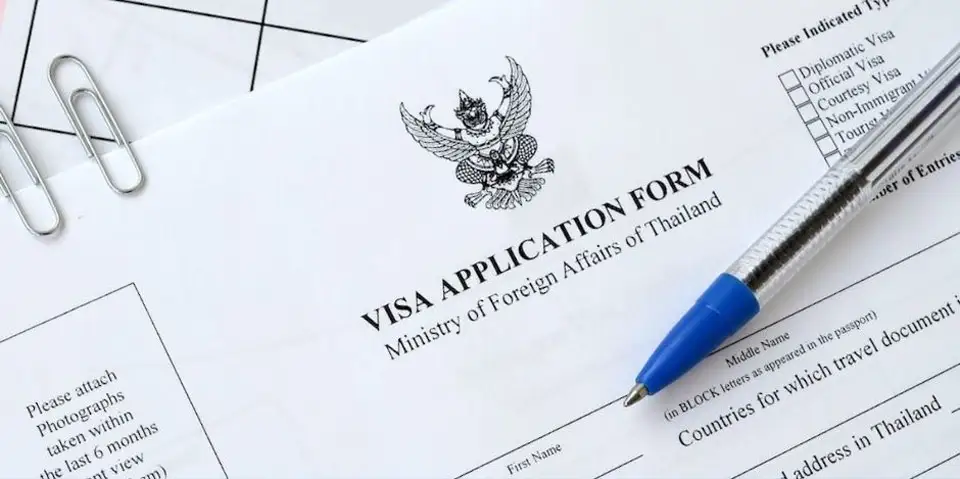
The Thailand Long-Term Residency Visa is a special program introduced to attract skilled professionals, wealthy individuals, retirees, and highly qualified workers. This visa provides significant benefits, including the ability to stay in Thailand for up to 10 years while enjoying streamlined processes for work permits, immigration reporting, and other bureaucratic formalities. It represents Thailand’s effort to enhance its appeal as a global destination for living and investment.
1. Eligibility Categories for the LTR Visa
The LTR Visa targets specific groups, each with tailored criteria:
a) Wealthy Global Citizens
- Criteria: Minimum annual income of USD 80,000 for the past two years and assets worth at least USD 1 million.
- Investment: Requires an investment of USD 500,000 in Thai government bonds, real estate, or qualifying funds.
b) Wealthy Pensioners
- Criteria: Age 50+ with an annual income of USD 80,000 or a reduced income threshold with significant investments in Thailand.
- Requirement: Investment of USD 250,000 in specified Thai assets.
c) Work-from-Thailand Professionals
- Target Group: Digital nomads and remote workers employed by international companies.
- Criteria: Minimum annual income of USD 80,000 (or USD 40,000 with a master’s degree, specialized skills, or employment in a company with revenue exceeding USD 150 million).
d) Highly Skilled Professionals
- Target Sectors: Includes technology, healthcare, engineering, and research industries.
- Criteria: Minimum annual income of USD 80,000 (or USD 40,000 with a master’s degree or relevant experience).
2. Benefits of the LTR Visa
Holders of the LTR Visa enjoy various privileges:
- 10-Year Residency: Extendable up to 10 years for long-term stability.
- Streamlined Work Permit: The visa includes a digital work permit, eliminating the need for separate applications.
- Immigration Simplifications:
- Reduced requirements for the 90-day reporting.
- Priority at immigration checkpoints.
- Tax Incentives: Foreign income brought into Thailand is exempt from taxation under certain conditions.
- Family Inclusion: Spouses and up to four dependents can be included in the application.
3. Application Process
The application process involves the following steps:
a) Initial Eligibility Assessment
Applicants submit preliminary documents for evaluation, including proof of income, assets, and qualifications.
b) Document Submission
Key documents include:
- Passport (valid for at least 6 months).
- Proof of financial stability (bank statements, tax returns).
- Investment certificates (if applicable).
- Employment contracts for work-from-Thailand or highly skilled professionals.
c) Approval and Visa Issuance
The Board of Investment (BOI) reviews applications, which may take 20-30 business days. Approved applicants receive a notification to collect their visa at the Thai Embassy or Consulate.
4. Associated Costs
Applicants must consider the following fees:
- Application Fee: Approximately THB 50,000 (USD 1,400).
- Additional Costs: Legal and administrative fees for document preparation.
5. Challenges and Considerations
Despite its advantages, the LTR Visa has certain challenges:
- High Financial Thresholds: The income and investment requirements may limit accessibility for some applicants.
- Sector-Specific Approvals: Skilled professionals must demonstrate employment in BOI-targeted industries.
- Tax Planning: Foreign income brought into Thailand may require careful planning to comply with tax exemptions.
Conclusion
The Thailand Long-Term Residency Visa is a forward-thinking initiative that offers a secure and flexible pathway for individuals seeking to live, work, or retire in Thailand. While the eligibility requirements may be stringent, the benefits of long-term stability, tax incentives, and simplified processes make it an attractive option for eligible candidates. Engaging experienced legal professionals can ensure a smooth application process and compliance with Thai immigration and tax regulations.
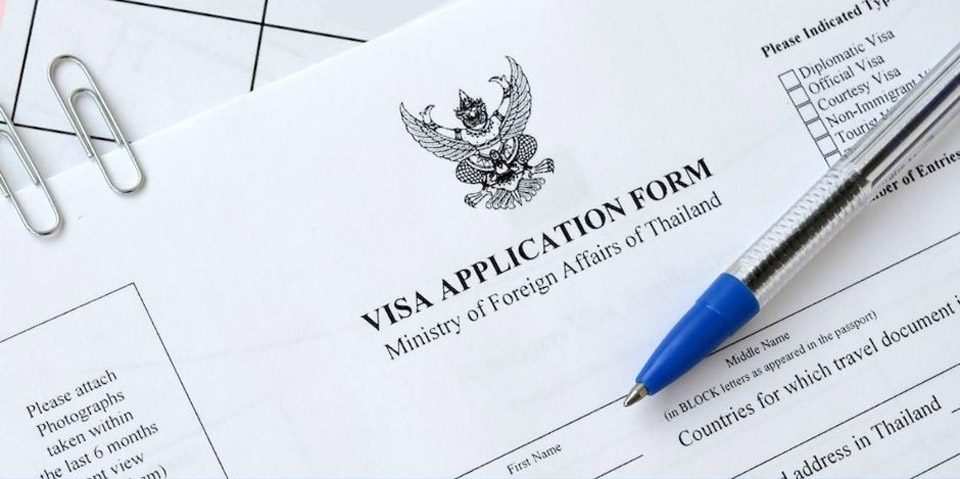

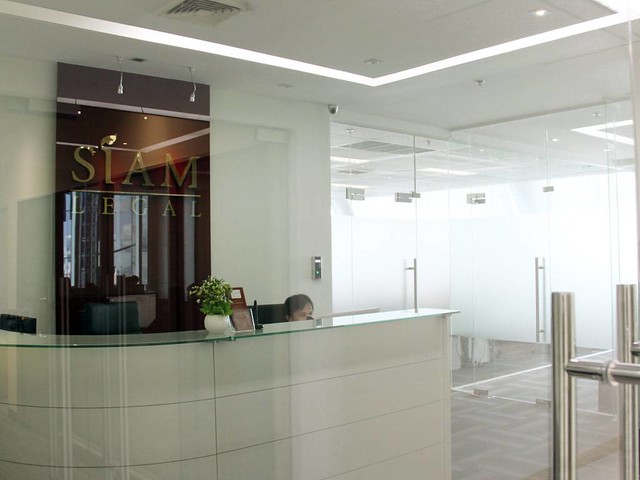
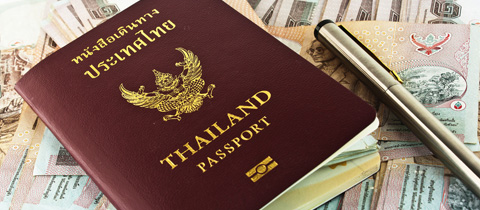
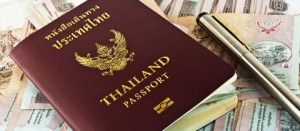 When you are in Thailand you must much like Thai citizens carry your passport on you at all times. The very same goes with work permits. The work permit and passport must be with you at all times. An interesting note that when the local newspapers asked Phuket Immigration about the issue after a number of foreigners had been arrested in Phuket for not having their passports on them during the raid on the nightclub.
When you are in Thailand you must much like Thai citizens carry your passport on you at all times. The very same goes with work permits. The work permit and passport must be with you at all times. An interesting note that when the local newspapers asked Phuket Immigration about the issue after a number of foreigners had been arrested in Phuket for not having their passports on them during the raid on the nightclub.